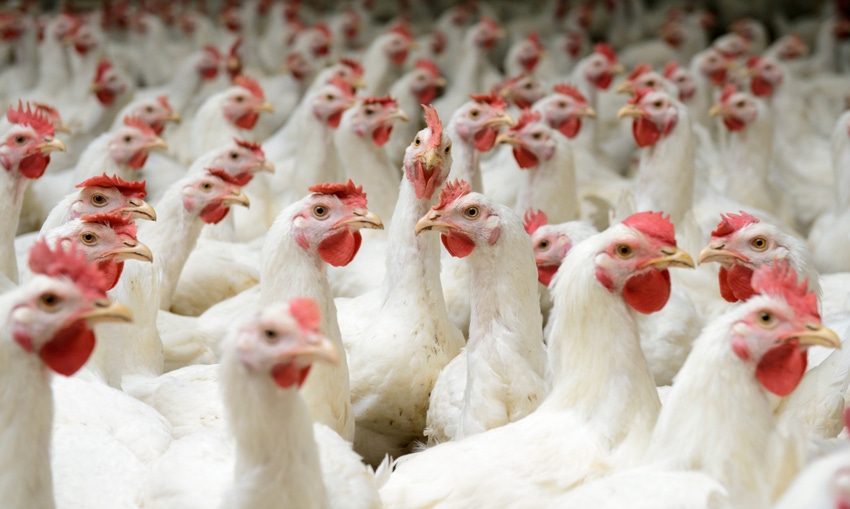Officials urge vigilance as U.S. avian flu numbers tick higher
Several turkey flocks and one large commercial egg laying flock contract disease.

Several turkey flocks and a second, large commercial egg laying flock have been confirmed with highly pathogenic avian influenza (HPAI), USDA’s Animal and Plant Health Inspection Service (APHIS) reported this week. The total number of birds affected in the U.S. during the 2022-2023 outbreak has nearly reached 63 million, USDA data shows.
Marking the largest case yet this fall, the commercial egg laying flock of 1.12 million hens is located in Taylor County, Iowa. Meanwhile, over 200,000 more turkeys have been depopulated in South Dakota, Missouri and Minnesota after more farms tested positive. The case in Missouri, discovered in a commercial turkey flock of 27,300 birds, is the first turkey operation and only the second poultry operation for the state this fall. Earlier this month, a broiler breeder flock of 16,600 birds was depopulated after the virus was discovered.
Federal and state officials across the U.S. continue to urge backyard and commercial flock owners to increase vigilance, especially given the fact that small flocks in numerous states have reported the virus. Just today, the Michigan Department of Agriculture reported its first case of HPAI since March 2023 in a backyard flock in Cass County.
As the fall migration of wild birds continues, it is crucial for every bird owner to take steps to protect their flock from this virus, MDARD said.
“While there have been fewer detections of HPAI in the United States and Michigan this year, the threat posed by this virus was never fully eliminated. Even though this detection is unfortunate, it is not unexpected, as cases of HPAI continue to be discovered both nationally and in Michigan’s wildlife, meaning the virus is still very present and circulating in the environment,” said Michigan State Veterinarian Dr. Nora Wineland. “The best strategy any bird owner has against this disease is prevention. It is essential to continue taking precautionary measures to protect flocks from wild birds and the germs they could be carrying.”
Whether it’s a few backyard birds or a large commercial flock, MDARD said following these few key steps is fundamental:
Prevent contact between domestic and wild birds by bringing them indoors or ensuring their outdoor area is fully enclosed.
Wash your hands before and after handling birds as well as when moving between different coops.
Disinfect boots and other gear when moving between coops.
Do not share equipment or other supplies between coops or other farms.
Clean and disinfect equipment and other supplies between uses. If it cannot be disinfected, discard it.
Use well or municipal water as drinking water for birds.
Keep poultry feed secure to ensure there is no contact between the feed/feed ingredients and wild birds or rodents.
More information on avian influenza and how to protect flocks through preventative measures can be found on the APHIS website.
About the Author(s)
You May Also Like





